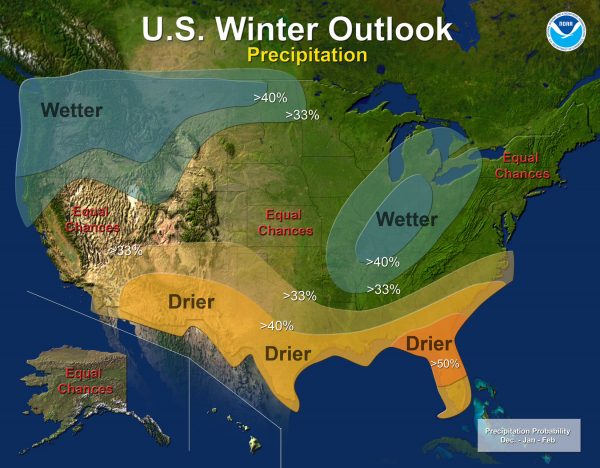A new study has found that rising sea levels over the next century could exact massive financial tolls from communities along the Californian coastline.
The study looked at the impact of a rising sea level over the 21st century on five Californian coastline communities: Ocean Beach in San Francisco; Venice Beach and Malibu in Los Angeles; Carpinteria in Santa Barbara County; and Torrey Pines State Reserve in San Diego County.
The study examined the cost of coastal storm damage and erosion which are both expected to increase as the sea level continues to rise. The researchers also extended the study to include the impact these issues would have on tourism and natural habitats.
“Sea level rise will send reverberations throughout local and state economies,” said Philip King, associate professor of economics at San Francisco State University. “We also found that the economic risks and responses to a changing coastline will vary greatly over time and from beach to beach.”
The damage caused, however, will vary greatly upon the community’s economy, geography and the use to which the land around them has been put to use.
For example, San Francisco’s Ocean Beach will suffer less economic impact than Malibu due to the fact that more people visit Malibu than do Ocean Beach.
The study also looked at the economic impact of more extreme flooding, a likely scenario in a world where a coastal community like the Californian coastline is dealing with rising sea levels. The research showed that the coastlines are already at risk of low-probability coastal storms, such as 100-year floods, but with higher sea levels expected to reach 4.6 feet (1.4 metres) – a projection specific to the Californian coast – the depth and reach of the floods will grow, and increase the damage to homes, businesses and public infrastructure.
“In California, our coastline is one of our most valuable natural resources,” King said. “More than 80 percent of Californians live in coastal communities, and California’s beaches support local economies and critical natural species.”
King, along with co-authors Aaron McGregor and Justin Whittet, hope that their findings will inform local planning efforts to evaluate and respond to sea level rise.
“Understanding the kind of impact sea level rise will have is important for deciding what adaptive action to take,” King said. “Seawalls have become the de facto policy for dealing with erosion and sea level rise but our findings suggest that other policies such as beach nourishment or where possible, allowing the coastline to retreat, could be more cost effective.”
Source: San Francisco State University
Image Source: Nathan Yergler

